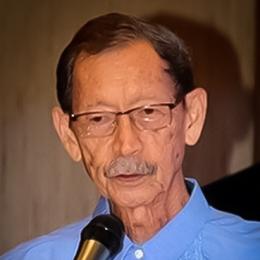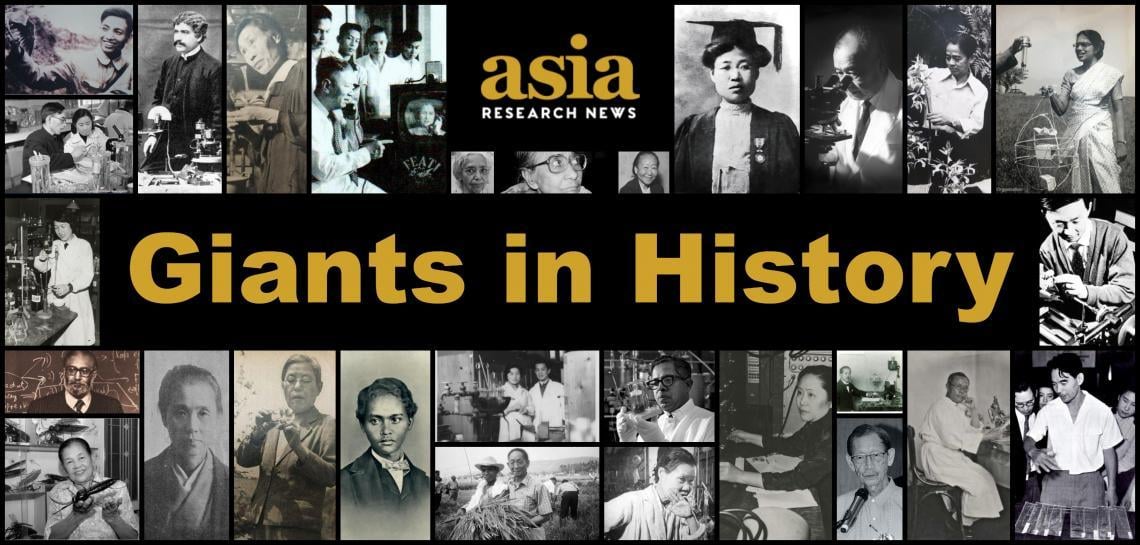Bringing rice science into the public eye
Benito Vergara (23 June 1934 - 24 October 2015)
Philippines

Research by Filipino plant scientist Benito Vergara (23 June 1934 – 24 October 2015) on the physiology of rice led to the development of deep-water and cold-tolerant rice varieties. Vergara also made several contributions to expanding public awareness of rice science. With a PhD in Plant Physiology from the University of Chicago, Vergara spent most of his career at the International Rice Research Institute (IRRI). There, he applied his understanding of the flowering responses of the rice plant to identifying cold-tolerant varieties. He also developed a breeding methodology known as the Rapid Generation Advance to enhance varieties of rice grown in cold areas, and devised a model for developing a high-yield rice known as “super rice”. In addition, he contributed to pioneering research into the effects of ozone depletion in the atmosphere on rice growth and yields. Vergara published more than 100 scientific publications and wrote the book A Farmer's Primer on Growing Rice to enable farmers to easily understand the science of rice cultivation. By establishing the Riceworld Museum and Learning Centre, Vergara brought rice science and growing closer to the popular consciousness. He was also instrumental in designing the NAST Philippine Science Heritage Center (PSHC) or Salinlahi, to highlight the achievements of Filipino scientists. For his work in plant physiology, Vergara was elected a member of the Philippines’ National Academy of Science and Technology (NAST) in 1987, and was conferred the title of National Scientist in 2001 in the Philippines. (Photo courtesy of International Rice Research Institute)






